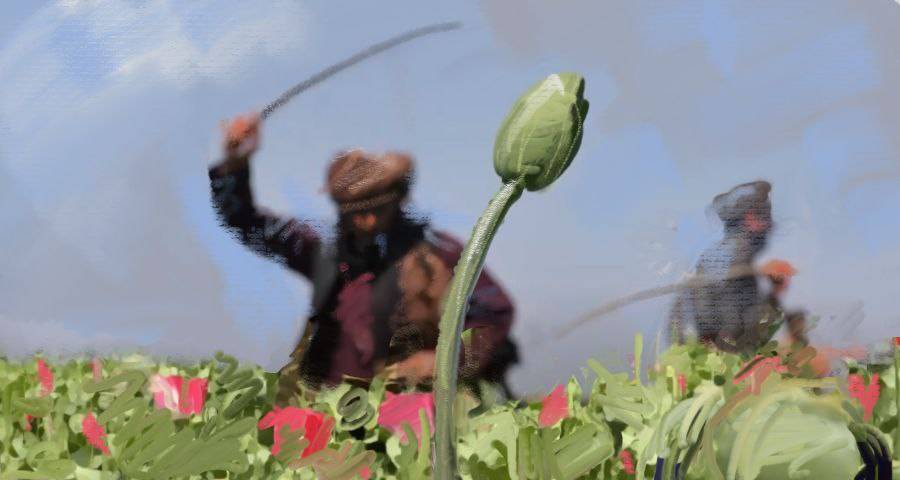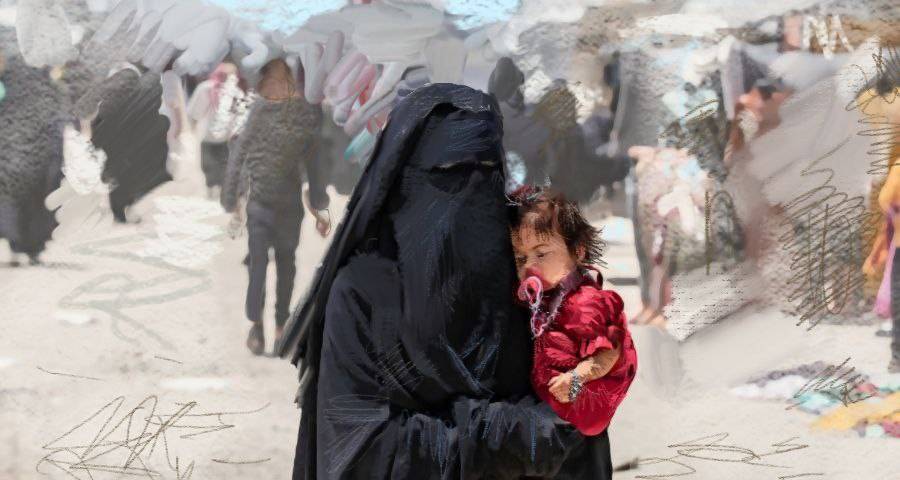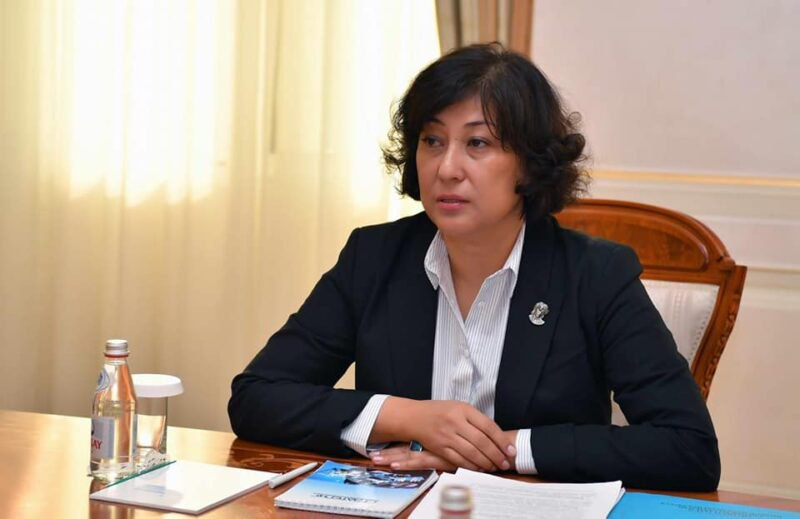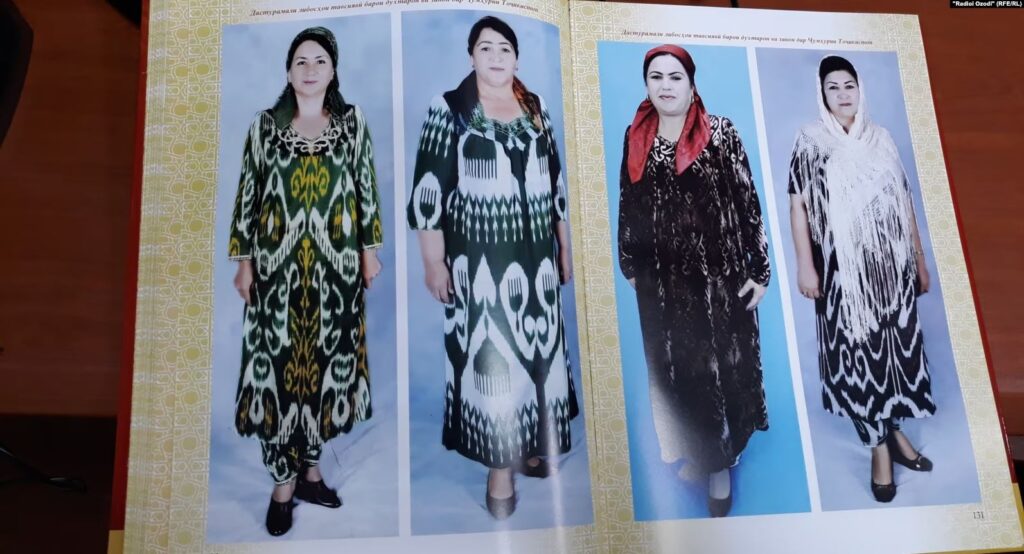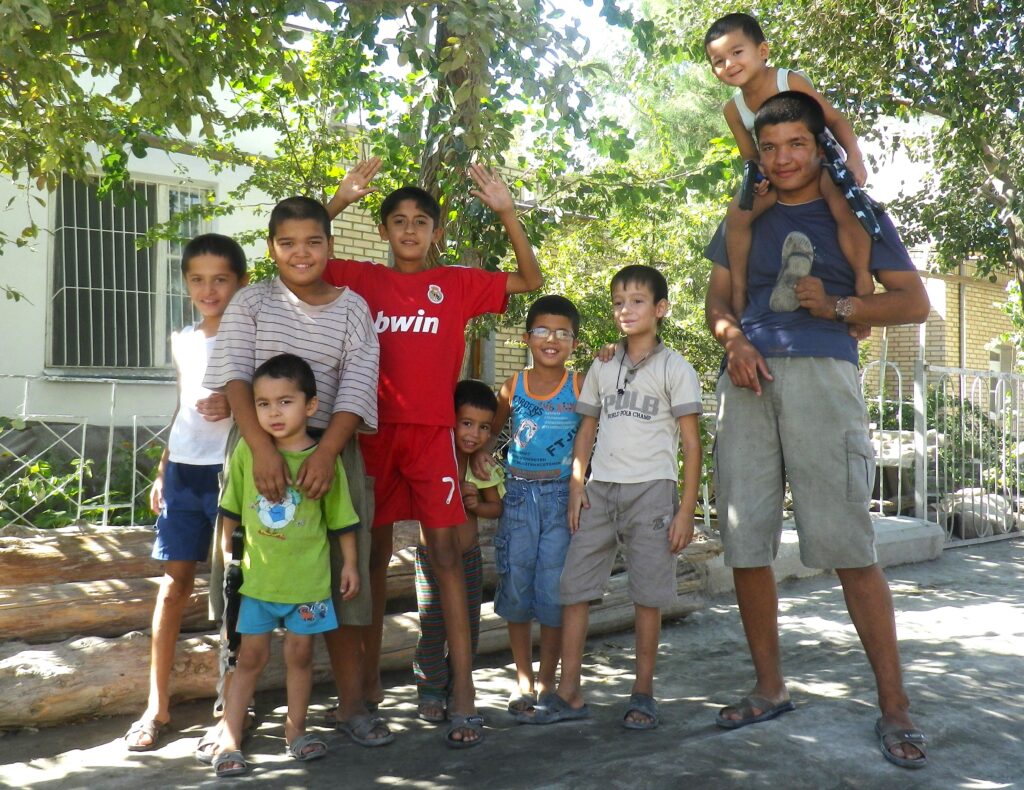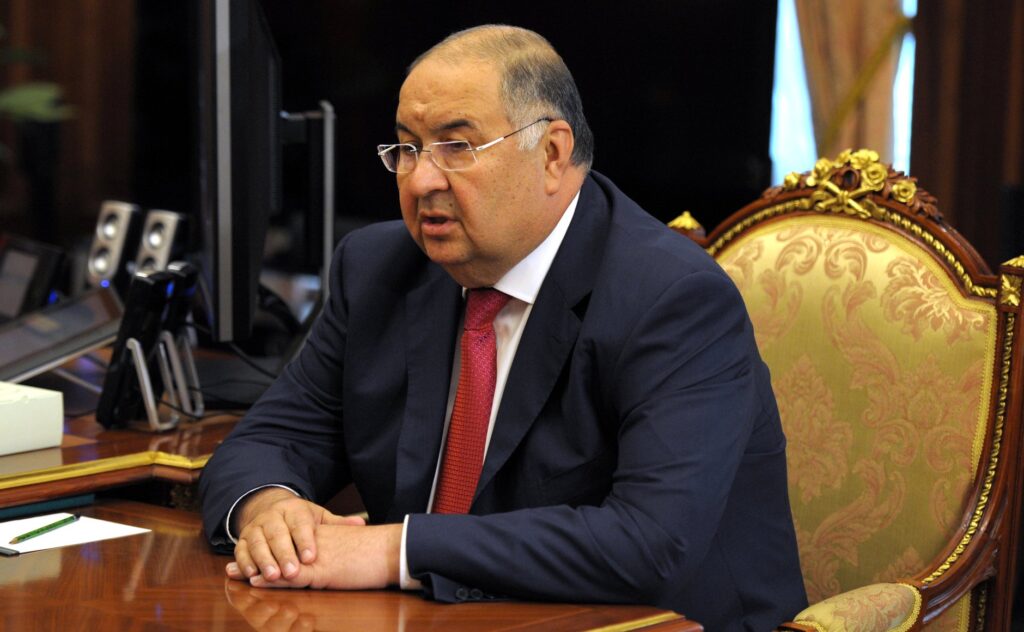In today’s rapidly evolving world, traditional values can sometimes clash with progressive movements advocating for inclusivity and modern perspectives in many areas of life. While these values are often seen as barriers, they can instead serve as a source of stability and continuity when thoughtfully upheld. President Kassym-Jomart Tokayev is aligning legislative reforms with Kazakhstan’s family values while integrating them with the society’s progressive aspirations.
At a recent meeting with young scientists in Almaty, President Tokayev took aim at domestic violence calling it “a manifestation of backwardness and moral degradation.” He added that “only a society that values and respects women can be considered truly civilized and cultured.”
Regulatory actions
In his speech, Tokayev placed “strengthening of the institution of the family” at the center of modernizing Kazakhstani society. “After all, comprehensive protection of the rights of women and children does not at all contradict the preservation of traditional family values and, on the contrary, contributes to their further strengthening”, he said.
“From the first days of my presidency, I have been paying great attention to protecting the rights of women and children. We are consistently taking legislative and institutional measures in this direction,” he noted.
This is not a new issue for the President, who in his September 2022 address, had already ordered stricter penalties for domestic violence. His agenda to strengthen protective measures sped up following the high-profile murder of Saltanat Nukenova in November 2023 by her husband, an influential former minister.
The events following this tragedy helped bring about new laws, inspired a culture of zero tolerance for any form of violence, and perhaps even opened the way for further reforms. On April 15, 2024, Tokayev signed a landmark law criminalizing violence against women and children, reversing a 2017 decriminalization. In two weeks, these amendments will be put into effect. The government’s response to the death of Nukenova and to the events following it, including the public reaction, has garnered international praise.
Promoting a values-based society
Tokayev in his Almaty speech expressed that “not all problems can be solved by passing or tightening the law,” and adding that “everyone must start with themselves changing for the better”. “Family values should be established in every home”, he said, highlighting the key role of women in raising the new generation. Tokayev also prescribed enforcing good values in educational institutions while acknowledging that the country’s education system still had shortcomings.
This is another example of how the leadership’s rhetoric matters in advancing a society. Tokayev continues to set the tone for his country on women’s rights. As the Washington Post wrote on May 13, 2024, “Kazakhstan’s President Kassym-Jomart Tokayev has repeatedly spoken about strengthening protections for women.”
Tokayev’s messaging of values has indeed been consistent – with a focus on rule of law as a basis for the protection of rights of all citizens.
The future
The President’s actions have already begun inculcating a culture of no tolerance for aggression against women. “Today, the problem of domestic violence is widely discussed in the public space. This speaks of a positive transformation of the value system of our society, which is becoming more and more intolerant of any form of aggression and cruelty” said Tokayev in his Almaty meeting.
Such public discussion manifested broadly on social media before and during the Nukenova trial. Kazakhstan’s openness has since given courage to women in Russia and other Central Asian states to open up about their grievances.
While what constitutes core values for a society may differ between East and West, and North and South, it should be universally agreed that legislative advancements working with these notions rather than against them have a better chance of succeeding.

